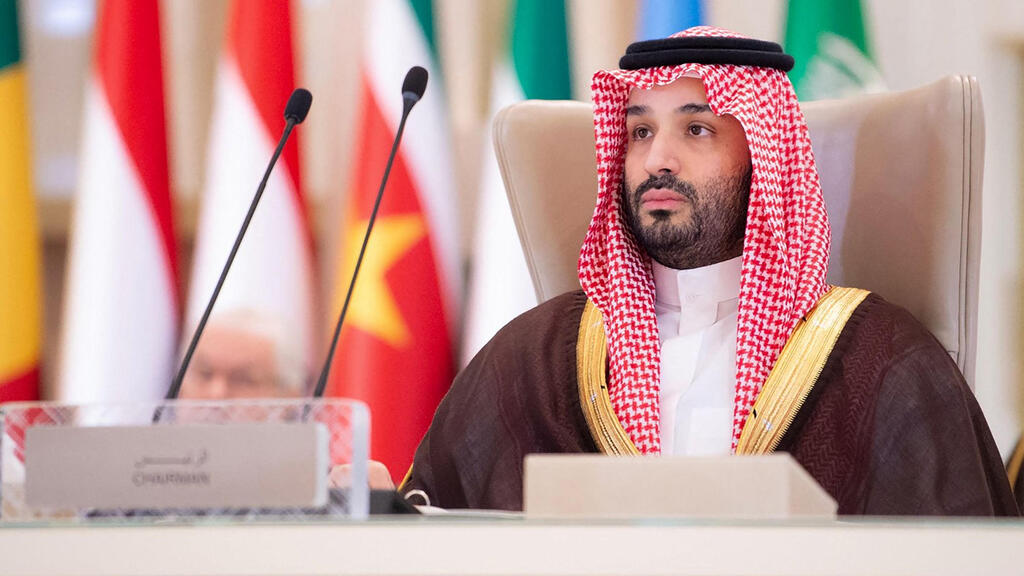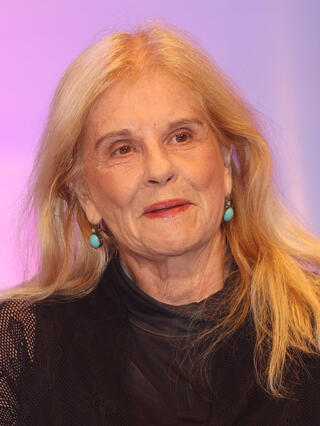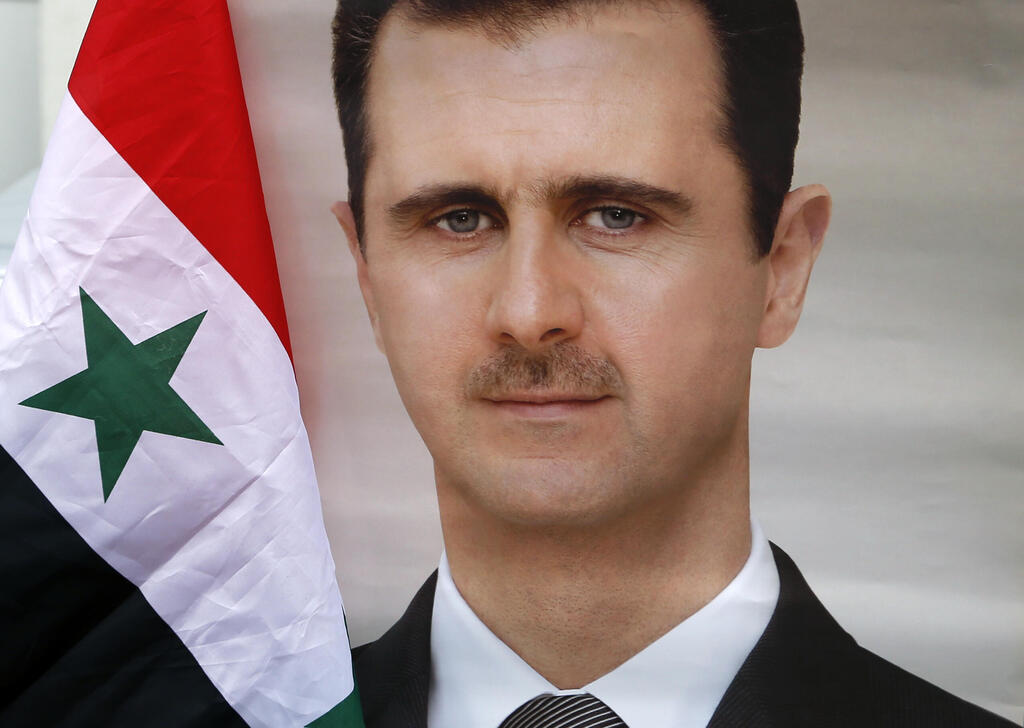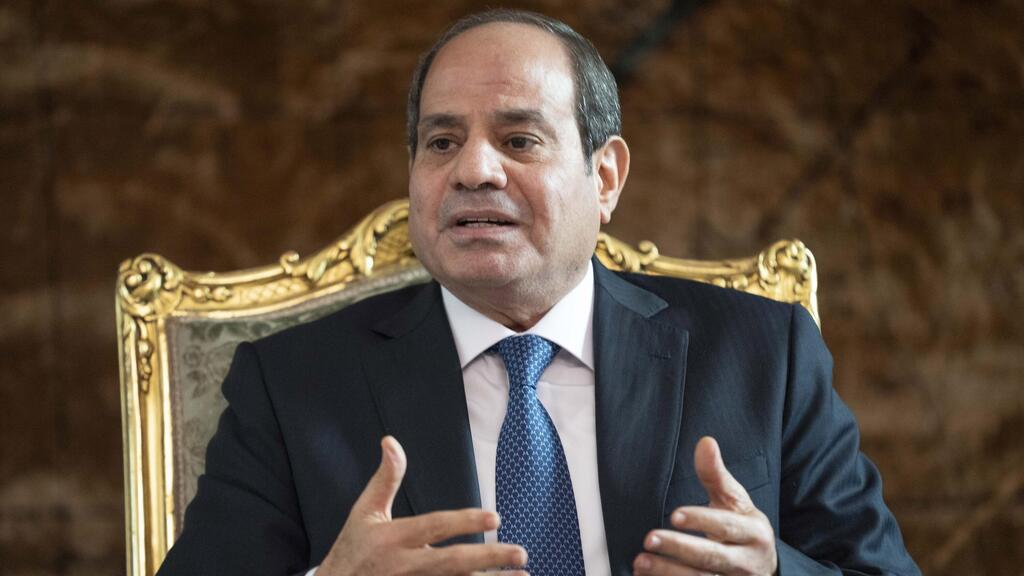Getting your Trinity Audio player ready...
Two points are worth noting: First, al-Shaibani is merely an interim foreign minister and can be replaced at any moment; Second, unlike other Arab states, Egypt has yet to send an official delegation to Damascus. This is, of course, no coincidence, as many underlying factors are at play.
Since Bashar Assad's fall, all of Egypt's key security heads have been convening at the Egyptian presidential palace. While they may not admit it publicly, Egypt fears a similar fate to Assad's.
President Abdel Fattah el-Sisi is not popular, the economic situation is dire and while large-scale protests are officially prohibited in major cities, security officials are acutely aware of the possibility of mass demonstrations demanding Sisi's ouster. Protesters might turn to Russia, China or even Saudi Arabia for financial aid.
Sisi is indeed wary of an "Assad syndrome." Recent rumors surround Ibrahim Arghani, a Bedouin-Palestinian close to the regime's top brass, who oversees the Rafah Crossing thanks to his discreet ties with leadership. He allegedly earns $10,000 from the crossing each week, part of which he transfers to Egypt's treasury, some to the military and the rest he keeps for himself.
Now, he's establishing a new political party called the "National Front Party," which is managed directly by the presidential palace. This party, including former ministers, parliament members and business figures, aims to replace the outdated and corrupt ruling "National Party." The new party will work closely with Sisi and his son, General Mahmoud el-Sisi, with the primary goal of addressing Egypt's economic woes.
Most of Egypt's economic enterprises are tied to the military. Under Sisi's encouragement, the army has developed a strong economic arm, providing goods to citizens with plans for larger factories to join this network.
Arghani has become a key figure in Egypt, but his downfall could come swiftly. He reportedly maintains a covert but institutionalized network with senior Israeli officials. On one occasion, he even secretly traveled under a false identity to Hadassah Medical Center in Jerusalem with his daughter for medical treatment.
Unlike Egypt, Jordan has already dispatched its foreign minister, Ayman Safadi, to meet with Ahmad al-Sharaa, formerly known as Abu Mohammed al-Golani. Jordan's priorities are clear: ensuring calm on both sides of the shared border.
Interestingly, over a million Syrian refugees in Jordan have been explicitly instructed not to return to Syria for the time being. Jordan is prepared to endure its economic challenges for another few months, housing the refugees in camps or with relatives until the situation becomes clearer. Until then, the Syrian refugees remain hostages of circumstance.
The situation is even more complicated in Lebanon. Of the 13 candidates for the presidency, whose election date remains unclear, two stand out: Suleiman Frangieh, backed by Hezbollah; and Joseph Aoun, the army chief, widely praised for his rare integrity and enjoying U.S., UK and French support for his candidacy.
Israel also supports Aoun from afar. However, despite 13 rounds of voting, no candidate has yet secured the decisive parliamentary majority. It’s likely that the upcoming vote next month will also fail to elect a president.
3 View gallery


Saudi Crown Prince Mohammed bin Salman
(Photo: AFP PHOTO / HO / SAUDI PRESS AGENCY SPA)
Lebanon grapples with severe poverty, a shortage of doctors tempted abroad by lucrative offers and the looming threat of the new Syrian opposition establishing itself and waging power struggles against al-Golani and his allies in Damascus.
There aren’t any major secrets left. Even Saudi Crown Prince Mohammed bin Salman is playing with an open hand. He intends to dedicate 2025 to developing the futuristic city of Neom and attracting investments from the U.S. and Europe.
U.S. President-elect Donald Trump worries him far more than al-Golani in Syria. On one hand, relations are tight; on the other, Trump has yet to reveal any Middle East plans – if such plans exist.
Get the Ynetnews app on your smartphone: Google Play: https://bit.ly/4eJ37pE | Apple App Store: https://bit.ly/3ZL7iNv
 Smadar PerryPhoto: Yariv Katz
Smadar PerryPhoto: Yariv KatzThe Syrian foreign minister, on his first official visit abroad, is preparing to travel to Saudi Arabia to request financial aid. The removal of Iranians from Syria plays in favor of the new administration.
Peace with Israel remains on bin Salman's "to-do" list, even in the coming year. That peace is a clear goal not just for us but for others as well. However, Saudi Arabia prefers a different prime minister in Jerusalem.



